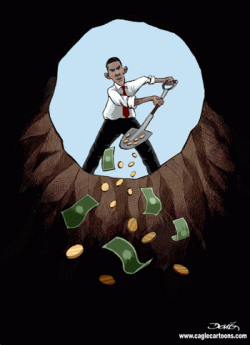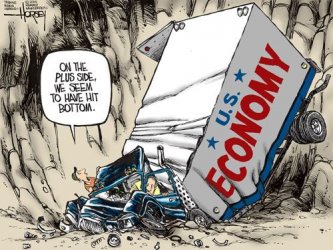Full-Auto
Gold Member
- Jun 13, 2009
- 13,555
- 1,624
- 153
Just more proof that teabaggers are stupid.
How is it proof that anyone is stupid? All it proves is that the CBO can write letters that show that they believe in Keynes theories.
Given the historical accuracy of that dept.
They should just shut up.






